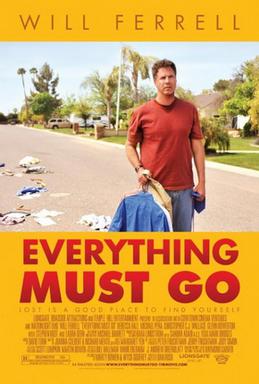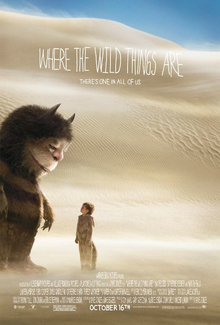Everyone dreams of a situation in which everything fits. One wants a mistake or an unfortunate event that has happened to turn into a positive impact later on in life, for instance. While such lucky moments in life are hard to come by, in the life of Forrest Gump they are not. His entire life, perhaps, was like a giant puzzle that just “happened to happen.”
 Having accustomed to the setting of the movie counterpart to this Winston Groom novel, I was not able to match the two, at least not in an exact manner. Forrest Gump that I had known before was a man that was able to give off much positive emotional impression to others around him, yet this portrayed in the book seemed to be more of a funny and ridiculous person. While it is not to say that the movie’s Forrest Gump, portrayed by Tom Hanks, was not a hilarious character, but it is to elaborate that the two had some significant differences.
Having accustomed to the setting of the movie counterpart to this Winston Groom novel, I was not able to match the two, at least not in an exact manner. Forrest Gump that I had known before was a man that was able to give off much positive emotional impression to others around him, yet this portrayed in the book seemed to be more of a funny and ridiculous person. While it is not to say that the movie’s Forrest Gump, portrayed by Tom Hanks, was not a hilarious character, but it is to elaborate that the two had some significant differences.After reading this novel, I was able to understand, that through Gump, Groom was trying to elaborate the small yet important things in life. Well, I am not totally sure whether it was that well-portrayed in the novel’s part where Forrest does a lot of football. Nonetheless, the novel inflicted me with a great sensation in that despite the hardships that Gump has been through, he was always enjoying his life. Though the world itself tormented him with the barrages of everyday life, he was standing tall, both literally and metaphorically, in his own magnificence. And he did this with having one of the most unprivileged qualifications – having low intelligence.
Looking back, I had always lived my life in a very negative manner. I always believed that this was some kind of a treatment for me, because through being pessimistic, I would be able to fix myself as well as the environment around me. But how Forrest Gump pulled it out really surprised me, in that while he did things that were perhaps directly opposite to what I was doing, he was more successful than I was. While one may simply dismiss this incident as something that is simply out of lucky moments, I felt that the author was trying to say more with this rather ridiculous yet heart-warming novel. I hope to discover more in the movie counterpart to it.



